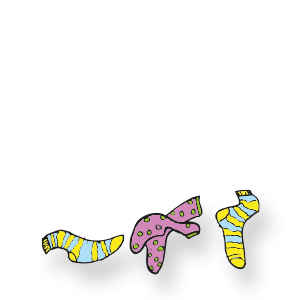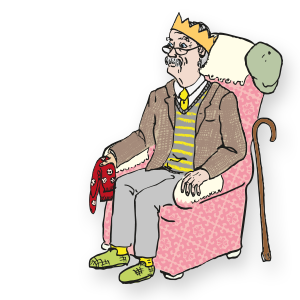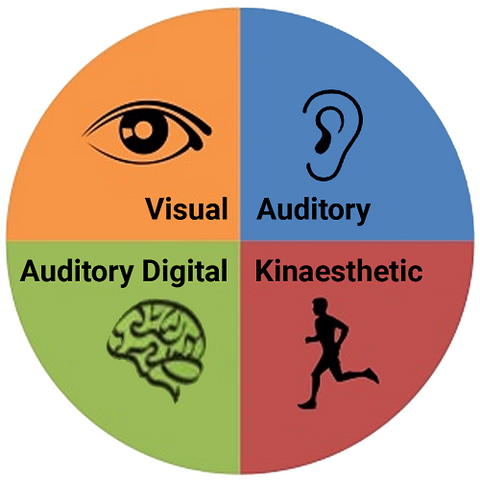

Every client is totally unique

Every client, child, teen, or adult is totally unique in how they do their world. What do I mean by that? Lots of things. Let’s do one at a time.
Representational Systems
- its like a hidden language of our preferred method of learning.
There are 4 main ones: kinaesthetic, audio digital, visual and audio. We all use most of these, but we do tend to have a preferred one.
How do you know what one you are ?
Just think of an Ikea flat pack kit.
- If you just rip the box open and start assembling, your pretty hands on, so possibly kinaesthetic
- If you look at the picture and diagrams first, possibly very visual
- If you like to read the instructions out or have someone else do it as you go, you’re probably very audio
- If you like to get all the bits out, line all the matching pieces up and the screws in their sizes and step by step assemble as per instructions you are possibly very audio digital, liking process and order.
Why is this important for me to notice in you from a therapy perspective ?
If a client says, “I see what you’re saying” and I ignore their words and say “great, you’re feeling it?” I will lose rapport because that’s not what they said or meant.
If I’m explaining something and I don’t give detail, maybe just say “and you will feel this, you just will… “ a process person will break rapport with me because “it just is” doesn’t sit well with them.
I need to make sure I use their words. If a client says, “want to feel at peace and calm …” and I say “cool, so a bit more chilled?” Again, the client’s subconscious will say “that’s not what I want or mean … you don’t understand me.”
Its like going to another planet - I don’t know the language, the customs, the beliefs. If I don’t take time to watch, listen, and learn I could really cause offence.
The subconscious, the part of us that has created the issue you need help with, has done so because it thinks its protecting you. Its not going to let a stranger in. Stranger Danger!
So, by making sure I notice how a client speaks, using their words, i.e., how they navigate their world - visual, kinaesthetic, audio or audio digital, I am being like them and not so much of a stranger.

